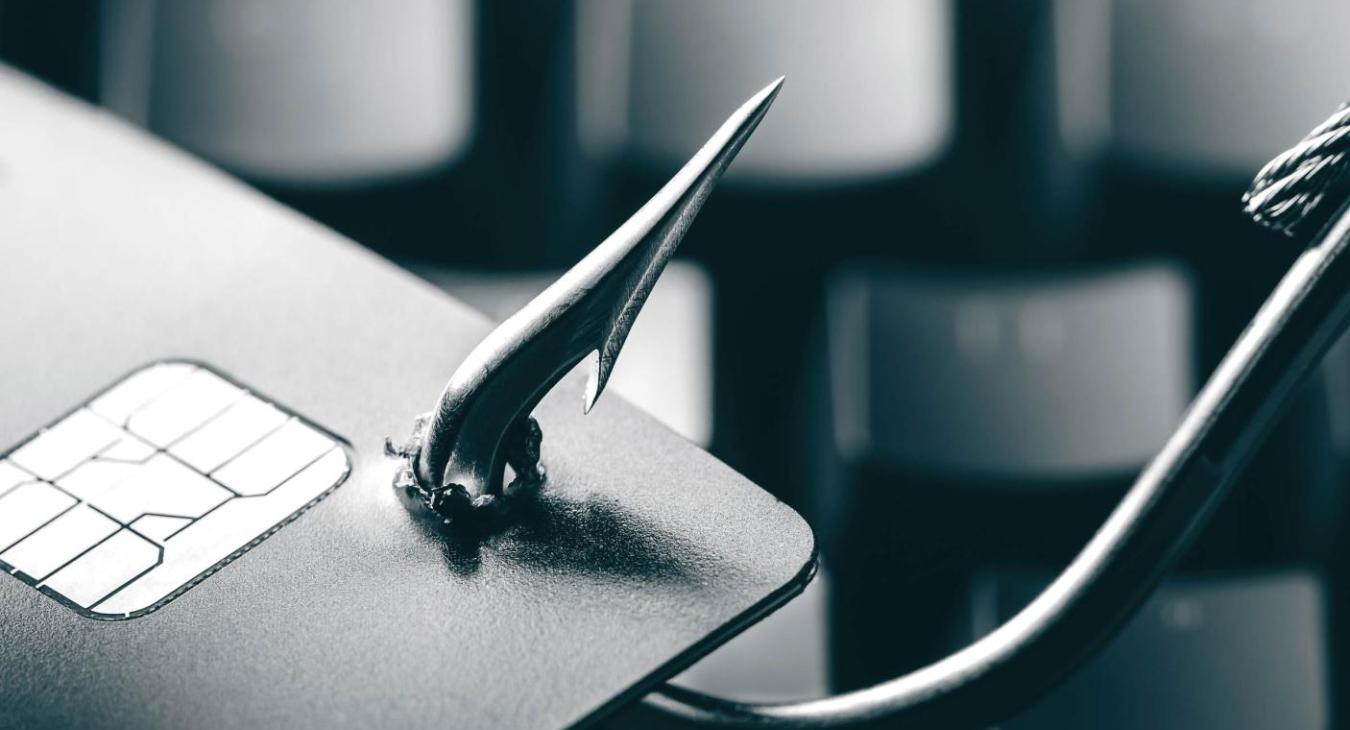Someone calls claiming to be from your utility company. They say your service will be cut off if you don’t pay them immediately. Real utility companies don’t do this, but scammers want to scare you into paying before you have time to confirm what they’re telling you. Scammers are now using Artificial Intelligence (AI) to craft frauds that are difficult for consumers to detect. Learn how to protect yourself.
Beware of these common scam tactics
- Disconnection threats: Scammers claim your service will be cut off without immediate payment.
- Caller ID spoofing: Fraudsters use software to make their calls appear legitimate.
- Overpayment claims: They may say you’ve overpaid and ask for personal or banking information to issue a refund.
- Smishing: Scammers send fake text messages that seem to come from your utility company.
- Phishing attempts: Beware of emails that look like bills; always verify the sender’s email before clicking links.
If you have any doubt about the status of your electric service, call your utility company using the customer service phone number on their website.
Watch for the following red flags
- High-pressure tactics that demand urgent action
- Unusual payment method requests (wire transfer, gift cards, reloadable cards or cryptocurrency)
- Poor grammar, misspellings and suspicious email addresses
AI use enhances utility scams
By leveraging AI-powered techniques, utility scammers can create sophisticated and convincing frauds that are hard for consumers to recognize and avoid.
- AI helps scammers craft convincing emails that appear to be from legitimate utility companies and include the use of company colors and logos.
- Scammers use AI to create realistic-looking utility company websites that are nearly indistinguishable from legitimate ones.
- AI technology can clone the voices of utility company representatives, making phone scams convincing.
- AI analyzes victims’ online presence and social media to create highly personalized spam related to your utility services.
- Scammers create geographically targeted online ads that appear when users search for keywords related to their energy bills.
- Scammers use AI to launch large-scale utility scam campaigns quickly and efficiently.
According to Kathy Stokes, AARP Director of Fraud Prevention Programs, “the ability of AI to improve and scale scam tactics is the equivalent of the Industrial Revolution for fraud criminals.”
Protect yourself
- Take your time: Don’t rush into payments or action.
- Verify any communication by calling your utility company directly using the number on your bill.
- Never share personal information. Legitimate companies won’t ask for sensitive details over the phone.
- If someone claims to be a utility worker, request official identification.
If you suspect a scam, report it to your utility company and the FTC at ReportFraud.ftc.gov.
Remember, legitimate utilities will provide multiple notices before disconnection and will not pressure you for immediate payment. If you are in doubt, let your utility company know so they can take proactive measures to both protect you and others from becoming victims.

